Barış Göktepe
Enabling sub-THz Cloud RANs: Distributed Machine-Learning for Early HARQ Feedback Prediction
Feb 18, 2022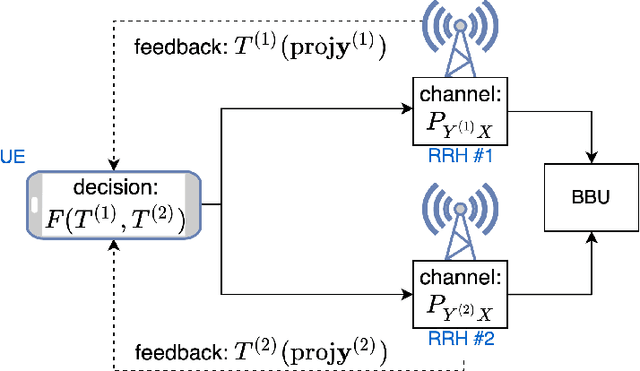
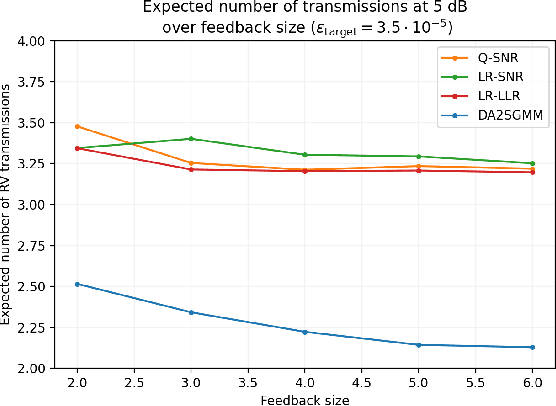
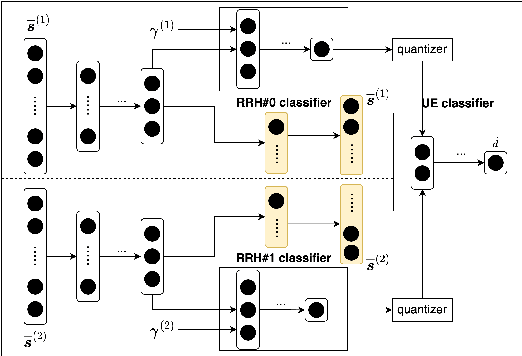

Abstract:We propose novel HARQ prediction schemes for Cloud RANs (C-RANs) that use feedback over a rate-limited feedback channel (4 and 8 bits) from the Remote Radio Heads (RRHs) to predict at the User Equipment (UE) the decoding outcome at the BaseBand Unit (BBU) ahead of actual decoding. In particular, we propose a novel dual-input denoising autoencoder that is trained in a joint end-to-end fashion over the whole C-RAN setup. In realistic link-level simulations at 100 GHz in the sub-THz band, we show that a combination of the novel dual-input denoising autoencoder and state-of-the-art SNR-based HARQ feedback prediction achieves the overall best performance in all scenarios compared to other proposed and state-of-the-art single prediction schemes. At very low target error rates down to $1.6 \cdot 10^{-5}$, this combined approach reduces the number of required transmission rounds by up to 50\% compared to always transmitting all redundancy.
Enhanced Machine Learning Techniques for Early HARQ Feedback Prediction in 5G
Jul 27, 2018
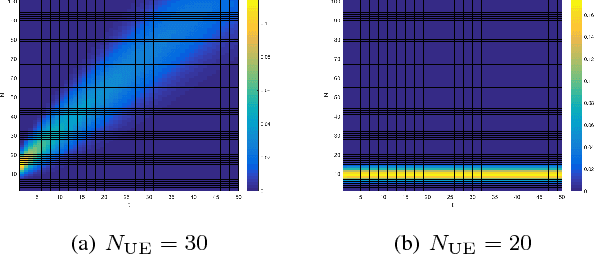
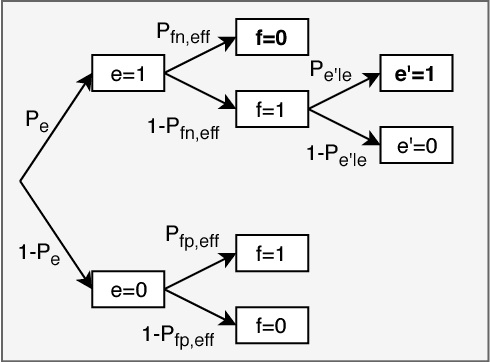
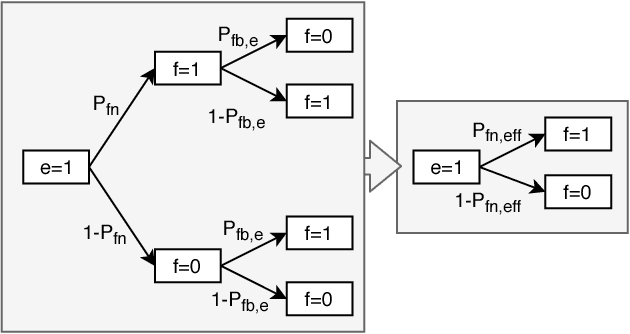
Abstract:We investigate Early Hybrid Automatic Repeat reQuest (E-HARQ) feedback schemes enhanced by Machine Learning techniques as possible path towards ultra-reliable and low-latency communication (URLLC). To this end we propose Machine Learning methods to predict the outcome of the decoding process ahead of the end of the transmission. We discuss different input features and classification algorithms ranging from traditional methods to newly developed supervised autoencoders and their prospects of reaching effective block error rates of $10^{-5}$ that are required for URLLC with only small latency overhead. We provide realistic performance estimates in a system model incorporating scheduling effects to demonstrate the feasibility of E-HARQ across different signal-to-noise ratios, subcode lengths, channel conditions and system loads.
 Add to Chrome
Add to Chrome Add to Firefox
Add to Firefox Add to Edge
Add to Edge